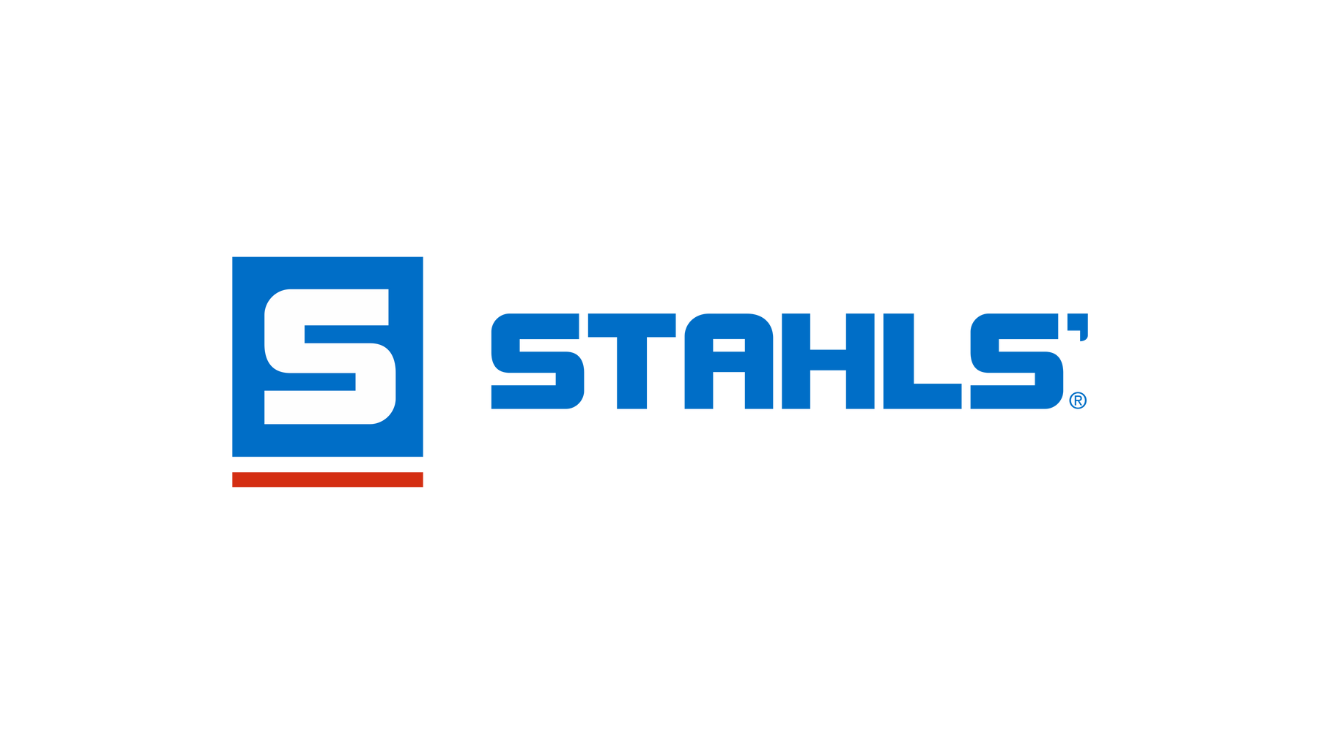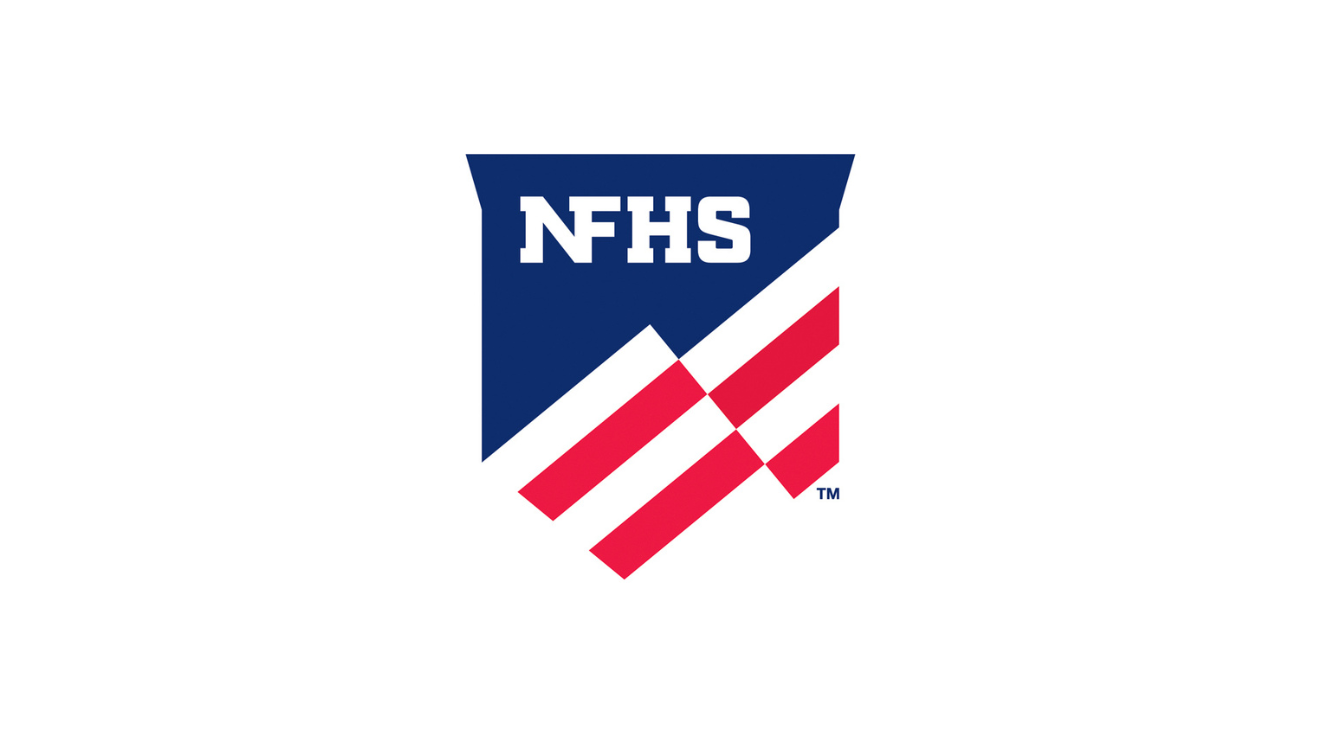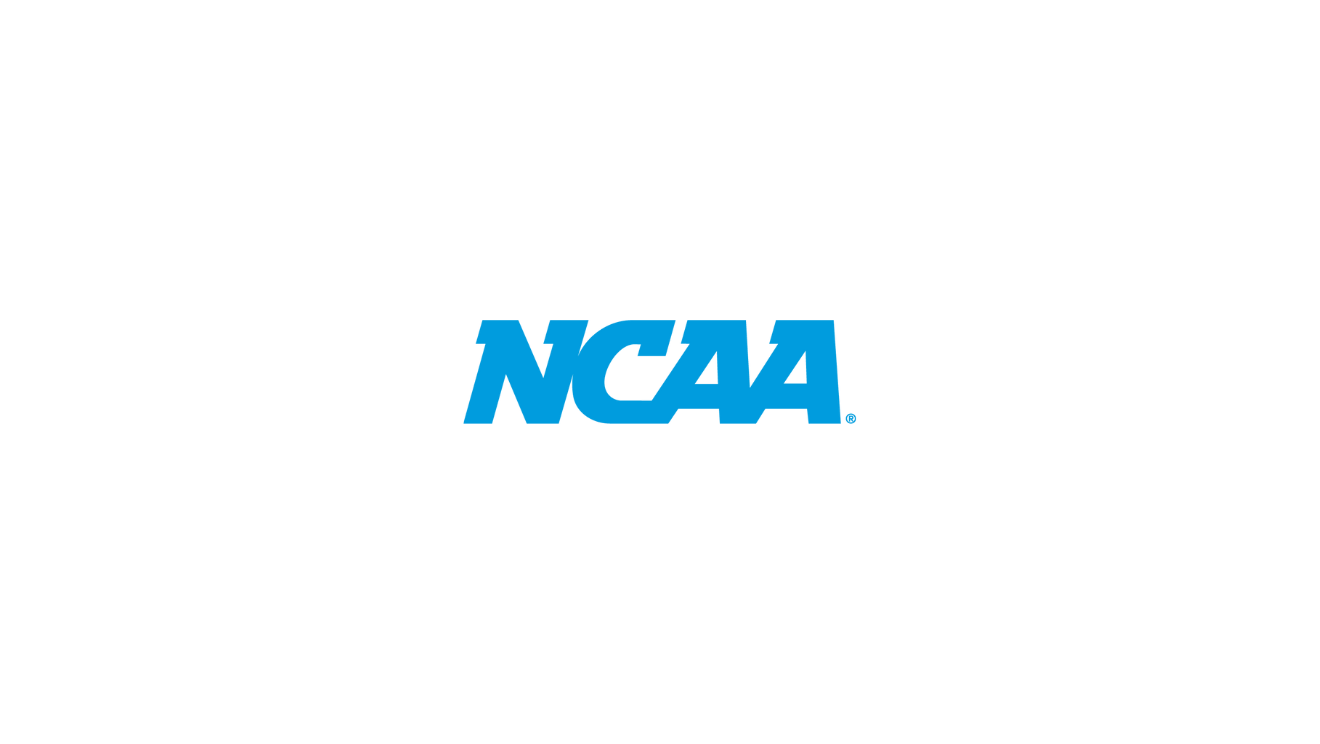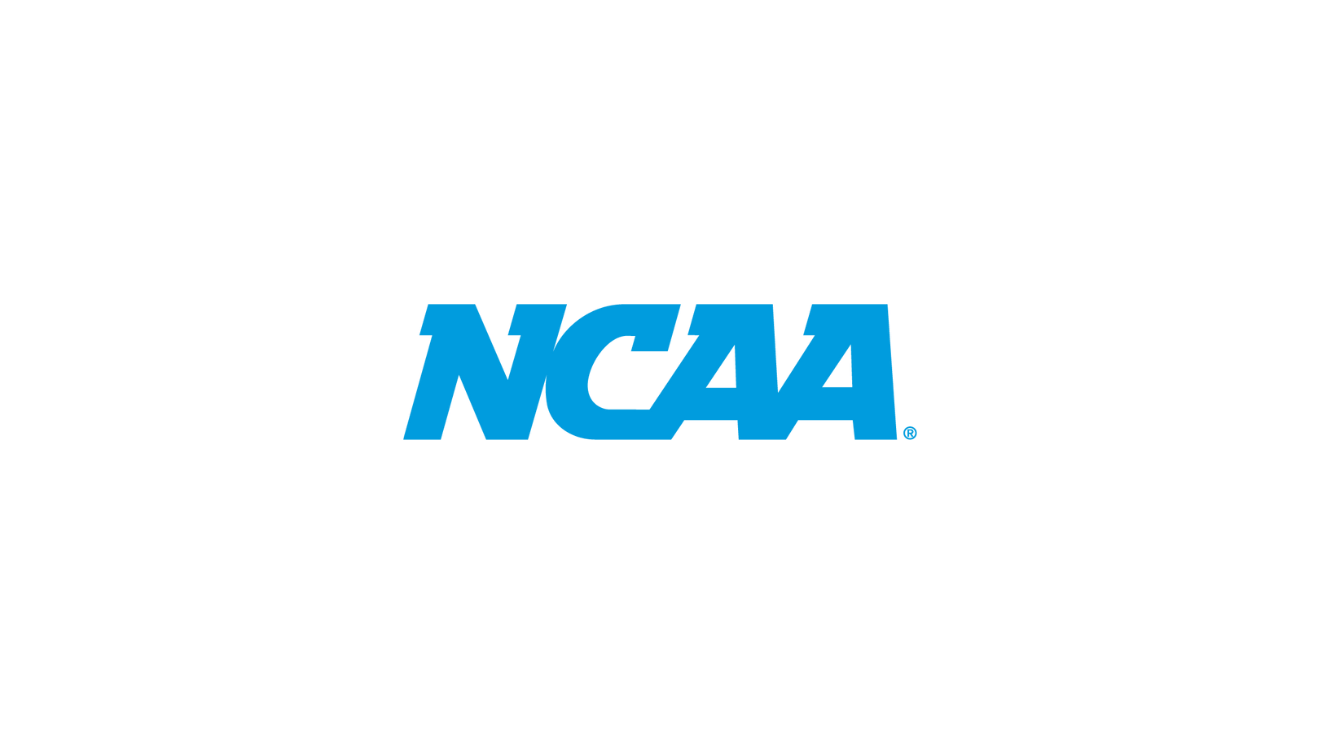INDIANAPOLIS, INDIANA (March 1, 2024) – The option for Football Bowl Subdivision (FBS) teams to use coach-to-player communication is among the proposed rule changes for the 2024 season by the NCAA Football Rules Committee. All rule recommendations must be approved by the NCAA Playing Rules Oversight Panel, which is scheduled to discuss football proposals April 18.
In games involving FBS teams, each school could use coach-to-player communications through the helmet to one player on the field, which would typically be the quarterback. That player would be identified with a green dot on the back midline of the player’s helmet.
The communication from the coach to the player would be turned off with 15 seconds remaining on the play clock or when the ball is snapped, whichever comes first.
For all three divisions, teams would have the option of using tablets to view in-game video only. The video could include the broadcast feed and camera angles from the coach’s sideline and coach’s end zone.
Teams could have up to 18 active tablets for use in the coaching booth, sideline and locker room. Tablets could not be connected to other devices to project larger additional images and could not include analytics, data or data access capability or other communication access. All team personnel would be allowed to view the tablets during the game.
Committee members also had a thorough discussion regarding wearable technologies. The committee invites non-FBS conferences that are interested in using wearable technologies to submit an experimental proposal to the committee. Any proposals must be made to the committee by June 15.
“The use of technology has been on the committee’s agenda for several years, and the time is right to introduce it in NCAA football,” said A.J. Edds, co-chair of the committee and vice president of football administration at the Big Ten Conference. “FBS conferences have partnered together to ensure the consistent application and work through the details of the technical requirements for implementation.”
Uniforms
In recent years, the committee has expressed concerns about the look of players’ uniforms, specifically pants. The committee is proposing a stronger enforcement structure for clear violations of the rule. On the first violation, a flag would be thrown to indicate a warning for illegal equipment, and the offending player would have to leave the game for at least one play and could return when the issue is corrected.
Any subsequent uniform violation by any member of that team would result in a timeout being charged to the team. If a team is out of timeouts, it would receive a 5-yard delay-of-game penalty.
Two-Minute Timeout
The committee proposed adding an automatic timeout or “two-minute warning” when two minutes remain in the second and fourth quarters.
This recommendation synchronizes all timing rules, such as 10-second runoffs and stopping the clock when a first down is gained in bounds, which coincides with the two-minute timeout.
“The two-minute timeout will allow all end-of-half and end-of-game timing rules to be simplified and synch up with this timeout,” said Steve Shaw, secretary-rules editor. “This will also help broadcast partners to avoid back-to-back media timeouts.”
First-Down Timing Rules
After a year of review, Division III committee members decided to adopt the timing rules where the game clock would continue to run when a first down is gained in bounds. The game clock would be stopped when a first down is gained during the last two minutes of either half. Divisions I and II schools used this timing rule last season.
Other Rules Proposals
- Allowing conferences the option of using a collaborative replay review system. This would be formally added to the rules book; it has been an experimental rule.
- Penalizing horse-collar tackles that occur within the tackle box as a 15-yard personal foul. Currently, a horse-collar tackle within the tackle box is not a foul.
Permanently allowing head coaches to conduct interviews with broadcast partners after the first and third quarters. This was allowed on an experimental basis last season.
Topics
Tablets Electronic Communication Uniforms Equipment Football college NCAA Rules




 Back
to News
Back
to News
